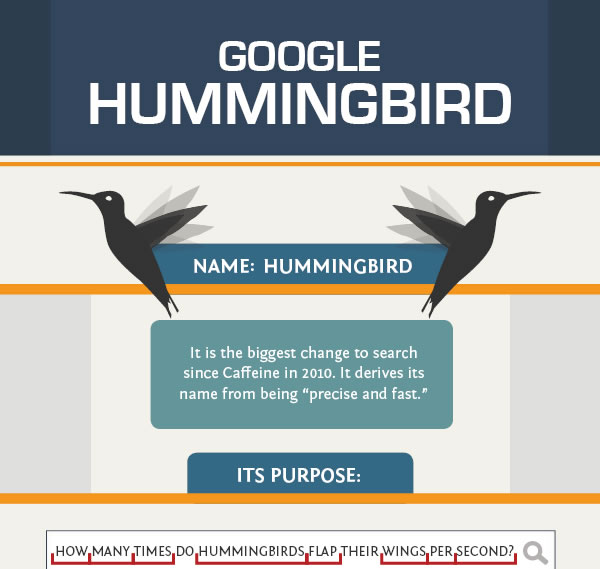Keyword String Theory: Long Tail for Shorter Searches
- Ruth Ann
- September 25th, 2014
People who read or even just browse science articles have probably heard about string theory. It's a physics theory that provides the most thorough description we have so far of the universe. What it says is that everything is basically some form of a string. It makes sense: life, as in DNA, is depicted as a string; so are motion and sound waves.
In the SEO world, long tail keywords--strings of words or phrases around a keyword--describe another big deal: what it is that people are searching for. Single keywords are rarely enough. Even if they don't know it, most people have a specific item in mind even if they ask for something basic like charcoal for their grill. What kind of charcoal? There's the fast-light product, which most of us know could affect the way the food tastes, and charcoal that takes a while to heat up but won't affect the flavor. Asking "how soon are we eating" is a type of long tail query to help decide what to buy.
A single word can be inadequate. There's a famous scene in the Robin Williams film Moscow on the Hudson that illustrates this. His character, who recently defected from the Soviet Union, goes to the supermarket to buy coffee for his hosts. He asks for the "coffee line" and is quickly overwhelmed by the dozens of options in Aisle 2. No one thought to give him a description about which coffee to buy!
How to Identify the Right Long Tail Keywords
Google's Hummingbird is meant to respond to more descriptive searches people were using because they weren't getting what they wanted with single words. Hummingbird wants to provide more accurate results, and that's where long tail keywords come in. While many of the early reviews insisted that Hummingbird meant to toss aside the long tail, what happened is that the Google search algorithm understood what the search string was trying to convey, even if it was less than elegant. That's because this is how people think. Once they see there's a lot of choices for barbeque or coffee, they can narrow down to a brand of drip or instant coffee or a specific flavor that comes from wood chips and not charcoal. This is why Google is less concerned about exact phrases on a webpage than it is about responding to the query, as Website Magazine pointed out a few months after people began settling in with Hummingbird.
How to Write for Long Tail Keywords
So if the exact words aren't so important, what's a writer to do to make sure the content is responsive to a search and still represented in the search engines? SitePro News offers a couple of interesting and pretty logical suggestions:
- Do a Google search using the keyword(s) you need. Try to think how the "average person" might look for your product or service. This is particularly important if you have a local business and need local customers.
- If you advertise on Google, look over the search query reports for clues about what search terms are performing well and why.
Google Analytics still shows organic keywords, which should be reflected in your content. Don't overdo it, of course--keyword stuff has long been a punishable offense--but keep in mind those that do the job for you and build around them. If your Analytics really shows nothing, use the Webmaster tools to find them, suggests KISSmetrics cofounder Neil Patel. You might come across useful strings you didn't even recognize you used--naturally.




